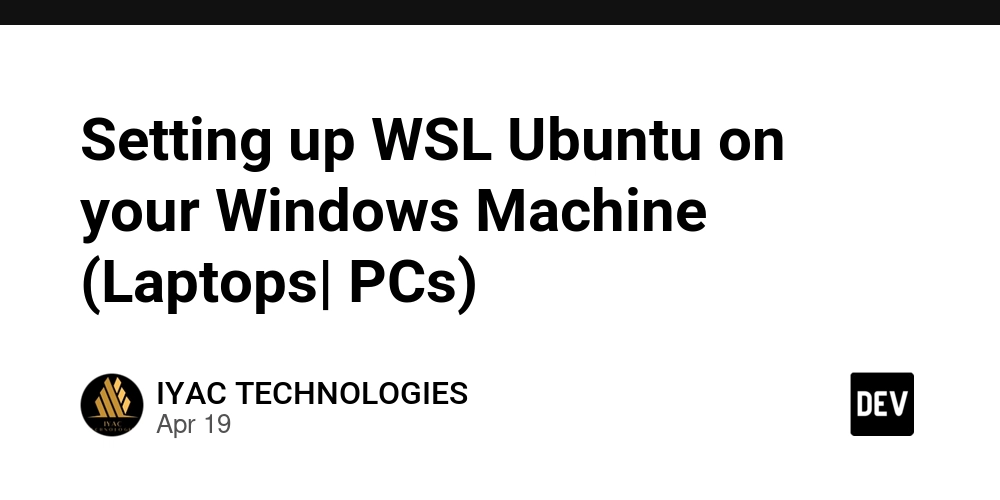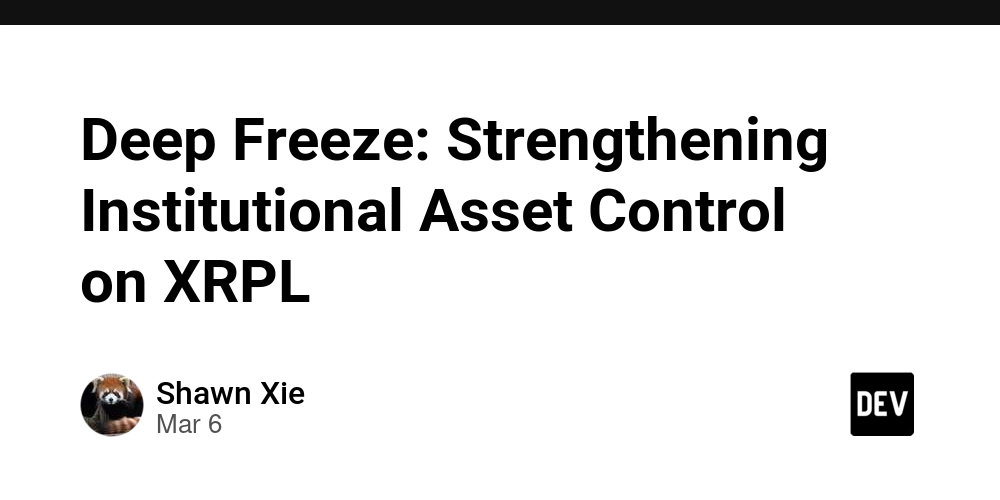Identifying Code That Needs Refactoring
While developers can often spot code that needs improvement, strategic prioritization is essential when deciding which sections to refactor. Development teams must balance the desire for comprehensive code improvements against practical time constraints and project deadlines. Common Code Smell Indicators The term "code smell," popularized by software expert Martin Fowler, refers to surface-level indicators that often reveal deeper problems within the codebase. These indicators don't necessarily mean the code is broken, but they suggest areas that could become problematic if left unaddressed. Duplicate Code Patterns Code duplication represents one of the most common and problematic code smells. When similar logic appears in multiple locations, maintenance becomes increasingly difficult as changes must be replicated across all instances. This redundancy not only increases the likelihood of errors but also makes the codebase more challenging to maintain over time. Oversized Components Classes or methods that handle too many responsibilities violate the Single Responsibility Principle, a fundamental concept in software design. These bloated components typically indicate poor code organization and make testing, debugging, and maintenance more challenging. Breaking down large components into smaller, focused units improves code clarity and maintainability. Excessive Dependencies When code components are too interdependent, making changes becomes risky and complicated. Modern software design principles advocate for loose coupling through techniques like dependency injection and interface-based design. These approaches make code more flexible and easier to test. Complex Nested Logic Deeply nested conditional statements and complex logical operations often indicate code that needs simplification. Such code is typically harder to understand and more prone to bugs. Restructuring nested logic into cleaner, flatter alternatives can significantly improve code readability and reduce potential errors. Legacy Dependencies Using outdated or deprecated libraries poses security risks and can hinder development progress. Regular dependency audits and updates are crucial for maintaining a healthy codebase. Modern package management tools provide mechanisms to identify and update outdated dependencies, helping teams maintain current and secure code. What's Next This is just a brief overview and it doesn't include many important aspects of code refactoring, such as: Determine what code to refactor Perform code refactoring incrementally Consider architectural refactoring Write automated tests to refactor safely Communicate major changes throughout the organization Leverage existing tools for effective code refactoring If you are interested in a deep dive in the above concepts, visit the original: Code Refactoring: Best Practices & Examples If you'd like to chat about this topic, DM me on any of the socials (LinkedIn, X/Twitter, Threads, Bluesky) - I'm always open to a conversation about tech!

While developers can often spot code that needs improvement, strategic prioritization is essential when deciding which sections to refactor. Development teams must balance the desire for comprehensive code improvements against practical time constraints and project deadlines.
Common Code Smell Indicators
The term "code smell," popularized by software expert Martin Fowler, refers to surface-level indicators that often reveal deeper problems within the codebase. These indicators don't necessarily mean the code is broken, but they suggest areas that could become problematic if left unaddressed.
Duplicate Code Patterns
Code duplication represents one of the most common and problematic code smells. When similar logic appears in multiple locations, maintenance becomes increasingly difficult as changes must be replicated across all instances. This redundancy not only increases the likelihood of errors but also makes the codebase more challenging to maintain over time.
Oversized Components
Classes or methods that handle too many responsibilities violate the Single Responsibility Principle, a fundamental concept in software design. These bloated components typically indicate poor code organization and make testing, debugging, and maintenance more challenging. Breaking down large components into smaller, focused units improves code clarity and maintainability.
Excessive Dependencies
When code components are too interdependent, making changes becomes risky and complicated. Modern software design principles advocate for loose coupling through techniques like dependency injection and interface-based design. These approaches make code more flexible and easier to test.
Complex Nested Logic
Deeply nested conditional statements and complex logical operations often indicate code that needs simplification. Such code is typically harder to understand and more prone to bugs. Restructuring nested logic into cleaner, flatter alternatives can significantly improve code readability and reduce potential errors.
Legacy Dependencies
Using outdated or deprecated libraries poses security risks and can hinder development progress. Regular dependency audits and updates are crucial for maintaining a healthy codebase. Modern package management tools provide mechanisms to identify and update outdated dependencies, helping teams maintain current and secure code.
What's Next
This is just a brief overview and it doesn't include many important aspects of code refactoring, such as:
- Determine what code to refactor
- Perform code refactoring incrementally
- Consider architectural refactoring
- Write automated tests to refactor safely
- Communicate major changes throughout the organization
- Leverage existing tools for effective code refactoring
If you are interested in a deep dive in the above concepts, visit the original: Code Refactoring: Best Practices & Examples
If you'd like to chat about this topic, DM me on any of the socials (LinkedIn, X/Twitter, Threads, Bluesky) - I'm always open to a conversation about tech!


.jpg)

























![[Webinar] AI Is Already Inside Your SaaS Stack — Learn How to Prevent the Next Silent Breach](https://blogger.googleusercontent.com/img/b/R29vZ2xl/AVvXsEiOWn65wd33dg2uO99NrtKbpYLfcepwOLidQDMls0HXKlA91k6HURluRA4WXgJRAZldEe1VReMQZyyYt1PgnoAn5JPpILsWlXIzmrBSs_TBoyPwO7hZrWouBg2-O3mdeoeSGY-l9_bsZB7vbpKjTSvG93zNytjxgTaMPqo9iq9Z5pGa05CJOs9uXpwHFT4/s1600/ai-cyber.jpg?#)












































































































































![[The AI Show Episode 144]: ChatGPT’s New Memory, Shopify CEO’s Leaked “AI First” Memo, Google Cloud Next Releases, o3 and o4-mini Coming Soon & Llama 4’s Rocky Launch](https://www.marketingaiinstitute.com/hubfs/ep%20144%20cover.png)





























































































































![[FREE EBOOKS] Machine Learning Hero, AI-Assisted Programming for Web and Machine Learning & Four More Best Selling Titles](https://www.javacodegeeks.com/wp-content/uploads/2012/12/jcg-logo.jpg)








































































![Rogue Company Elite tier list of best characters [April 2025]](https://media.pocketgamer.com/artwork/na-33136-1657102075/rogue-company-ios-android-tier-cover.jpg?#)








































































_Andreas_Prott_Alamy.jpg?width=1280&auto=webp&quality=80&disable=upscale#)






























































































![What’s new in Android’s April 2025 Google System Updates [U: 4/18]](https://i0.wp.com/9to5google.com/wp-content/uploads/sites/4/2025/01/google-play-services-3.jpg?resize=1200%2C628&quality=82&strip=all&ssl=1)










![Apple Watch Series 10 Back On Sale for $299! [Lowest Price Ever]](https://www.iclarified.com/images/news/96657/96657/96657-640.jpg)
![EU Postpones Apple App Store Fines Amid Tariff Negotiations [Report]](https://www.iclarified.com/images/news/97068/97068/97068-640.jpg)
![Apple Slips to Fifth in China's Smartphone Market with 9% Decline [Report]](https://www.iclarified.com/images/news/97065/97065/97065-640.jpg)
































































































































